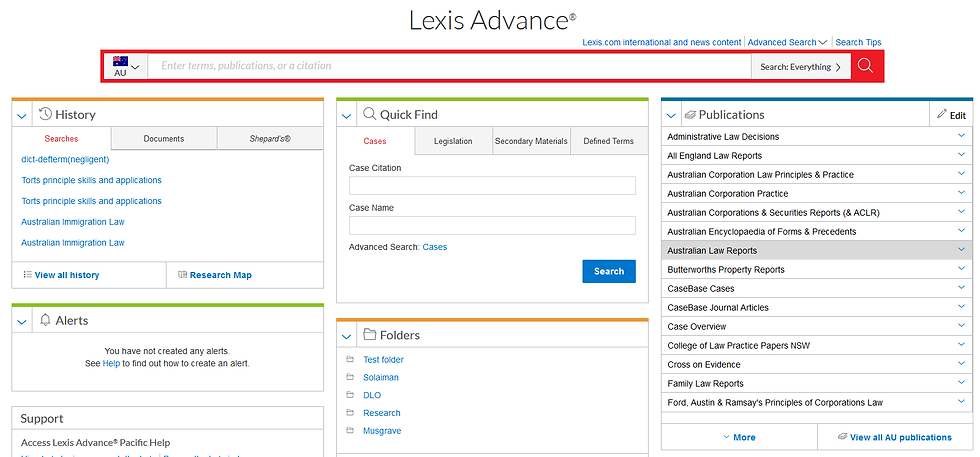Ebook Mims Indonesia
- gordenkulhanek269l
- May 13, 2022
- 3 min read

The ISM e-ISMS is the global benchmark for the ISM. The ISM is a leading provider of courses and exam preparation for aspiring and practising medical specialists throughout the world.
ISM® is a registered trademark of the International Society for Medical Quality. See www.ismindia.com/ism for more information and global medical specialty societies.
SECTION 1 – MEDICAL SPECIALTIES, WITH INTRODUCTORY NOTE
CHAPTER 7
Medical Specialties
This chapter deals with the nature of medical specialties, especially with the following points:
The medical specialties can be classified into two broad categories: firstly, general and specific, and, secondly, specialist and nonspecialist medical specialties.
In the case of general medical specialties, the practitioner of the specialty is an expert in a specific medical field. On the other hand, specialists are experts in a particular specialty, but they are not necessarily specialists in all medical specialties.
After providing a brief description of the nature and scope of medical specialties, the chapter deals with the following important issues:
The details of the syllabus of the medical specialties,
In India, the NCPS-EMR will be compulsory and it will be the biggest reform in the history of Indian medicine.
The proposal was published in the Indian Medical Gazette on April 11, 2002.
Currently, we are expecting changes in medical education as the National Commission for Protection of Child Rights has decided to investigate the theme of ethics in medicine. The MCI has also decided to propose changes in the curriculum of medical colleges.
Furthermore, the revised course curriculum of undergraduate medical education has been proposed to the MCI and has been sent to the Ministry of Health and Family Welfare for further studies.
The Indian Medical Association has also prepared a long list of key issues to be addressed by the MCI on medical education.
Medical education is a very complex and dynamic system and contains certain ethical principles, attitudes and behavior.
The EC continues to give importance to medical education. In addition, changes in the education system have been suggested in terms of (i) a statutory board to oversee the quality of higher education, (ii) modular training and assessment, (iii) quality assurance and accreditation, (iv) admission, training and promotion of medical officers, and (v) uniform syllabus.
The proposal is expected to be passed by the MCI. 01e38acffe
MIMS Health In Brief
MIMS Health in Brief
The Practicalities of Organ Donation
Our News
MIMS has compiled the latest news updates on organ donation and transplantation from major national and international media, clinical journals and news agencies in Asia. View the latest updates here.
MIMS Expert: Brisk is for a Good Cause
The 2014 Asia Pacific Herbal Products Conference (APHC) in Bangkok, Thailand, is bringing together hundreds of leading pharmaceutical professionals and scientists to share insights into the latest advances in the areas of pharmaceutical research and development, new drug delivery technologies and their clinical applications.
The three-day event will feature a number of stimulating speakers, including Dr Raman Kumar, Associate Professor, Department of Biochemistry and Molecular Biology, National Institute of Occupational Safety and Health, Health Research Institute, Yonsei University, Seoul, Republic of Korea; Ms Marni MacDonald, Community Director, TACM, Hospice of Northern California; and Ms May Hsu, Community Director, TACM, Hospice of Northern California. Dr Raman Kumar will share his insights into the ethics and practice of organ donation.
Meanwhile, Ms May Hsu will be presenting the following: The Practicalities of Organ Donation in China: The Ethics, Infrastructure, and Process. Organ donation is a common practice across the world. However, in China, organ donation is underdeveloped due to issues with ethics, infrastructure, and procedure. Many Chinese transplant centers are not familiar with the process of donation and their standards for organ procurement are still far behind those in other parts of the world. China should take the lead in the regulation of organ donation and organ transplantation and improve the ethical and legal standards.
So how can people around the world learn more about the latest developments in organ donation and transplantation, the road ahead for medicine and the future of life? How does one identify which patients are worthy of organ donation?
An international conference to discuss the practicalities of organ donation in China will be held at the Guangzhou Medical University, Guangzhou, China. The conference, which is supported by MIMS, is the first of its kind in China and hopes to address challenges in the field. The speakers will be discussing the latest medical and ethical development in China and the status of organ donation and transplantation, including donation, preservation and acceptance rates of cadavers and living organ donors. A symposium of symposiums, the
Related links:


![NeuronJ 10.2.0.794 Crack Free Download [32|64bit]](https://static.wixstatic.com/media/59e311_d948a68b2dbd434b8e6d9a54b5b0b9e4~mv2.png/v1/fill/w_315,h_264,al_c,q_85,enc_avif,quality_auto/59e311_d948a68b2dbd434b8e6d9a54b5b0b9e4~mv2.png)
Comments